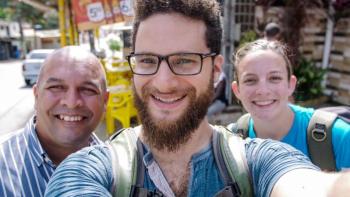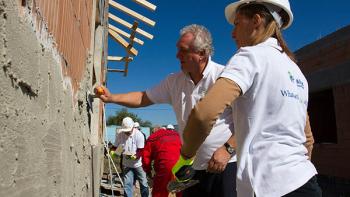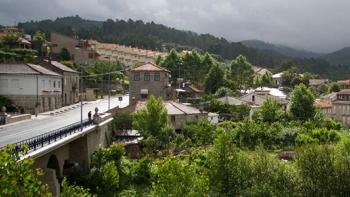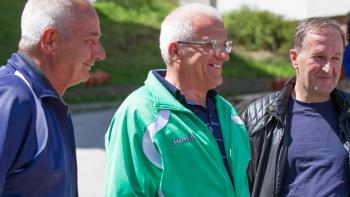Country Facts
- Capital city – London
- Population – 67.33 million
- Life expectancy – 81.7 years
- Unemployment rate – 3.7%
- GDP per capita – 51,286 GBP
Habitat Facts
- Established – 1995
- Individuals served in FY2023 – 224
- Volunteers mobilized in FY2023 – 236
- Funds raised – £2.6 million
Habitat for Humanity in Great Britain
Habitat for Humanity Great Britain was founded in January 1995 as a fundraising office to raise money and awareness for the global work of Habitat for Humanity International.
Our vision is a world where everyone has a decent place to live. We seek a world where housing poverty is eliminated.
We believe that the home is a key catalyst in helping to permanently break the cycle of poverty. To achieve this, we build homes, partnerships, communities and networks.
In addition to homes, we emphasize disaster response; water, sanitation and hygiene, or WASH; and empowerment of women.
Habitat Great Britain’s focus
Building homes
We build affordable, social housing to tackle urban poverty from slums to rural areas. Upgrading slums is one of our core activities in developing countries where ever-expanding informal settlements is an issue.
We work with the most vulnerable families to provide safe and decent housing. Affordable housing is key so we offer energy efficiency program, such as renovating apartment blocks in Europe, bringing safe cooking stoves to new homes in Bangladesh, and implementing solar powered heating and electricity.
Tackling housing poverty in GB
In Great Britain, we build and renovate properties to help alleviate housing poverty. We provide project management and construction expertise to ensure that vulnerable people living in the UK have a safe and decent place to call home.
Disaster response
Our emergency relief work takes us across the world to support the communities worst hit by disasters. War, conflict and civil unrest also create millions of refugees, whom we often work with to rehabilitate homes and communities.
Water, sanitation and hygiene
Our “WASH” programs aim to:
-
Build latrines and water supply systems.
-
Dig and cover sewage systems.
-
Create waste management systems.
-
Educate people about basic hygiene.
Empowering women
Habitat Great Britain believes in empowering women in the communities where we work. This is done in many ways, such as helping women to secure land rights, addressing women’s rights and landownership in slums, and helping women thrive by participating in female-only home construction events.
What you can do
DONATE
Please click here to donate to Habitat for Humanity GB
VOLUNTEER
In Great Britain, as part of our Empty Spaces to Homes project, we are upcycling pre-loved furniture and turning it into high-quality items to furnish the properties we renovate. To volunteer in our upcycling workshop in London, visit www.habitatforhumanity.org.uk/furniture_upcycling/
If you are interested in organising an overseas team volunteering trip with Habitat for Humanity Great Britain, please email us at [email protected] to discuss opportunities.
.
CONTACT
Akira Akazawa Tessa Kelly
Head of Impact Director of Development
aakazawa@habitatforhumanity.org.uk tkelly@habitatforhumanity.org.uk



